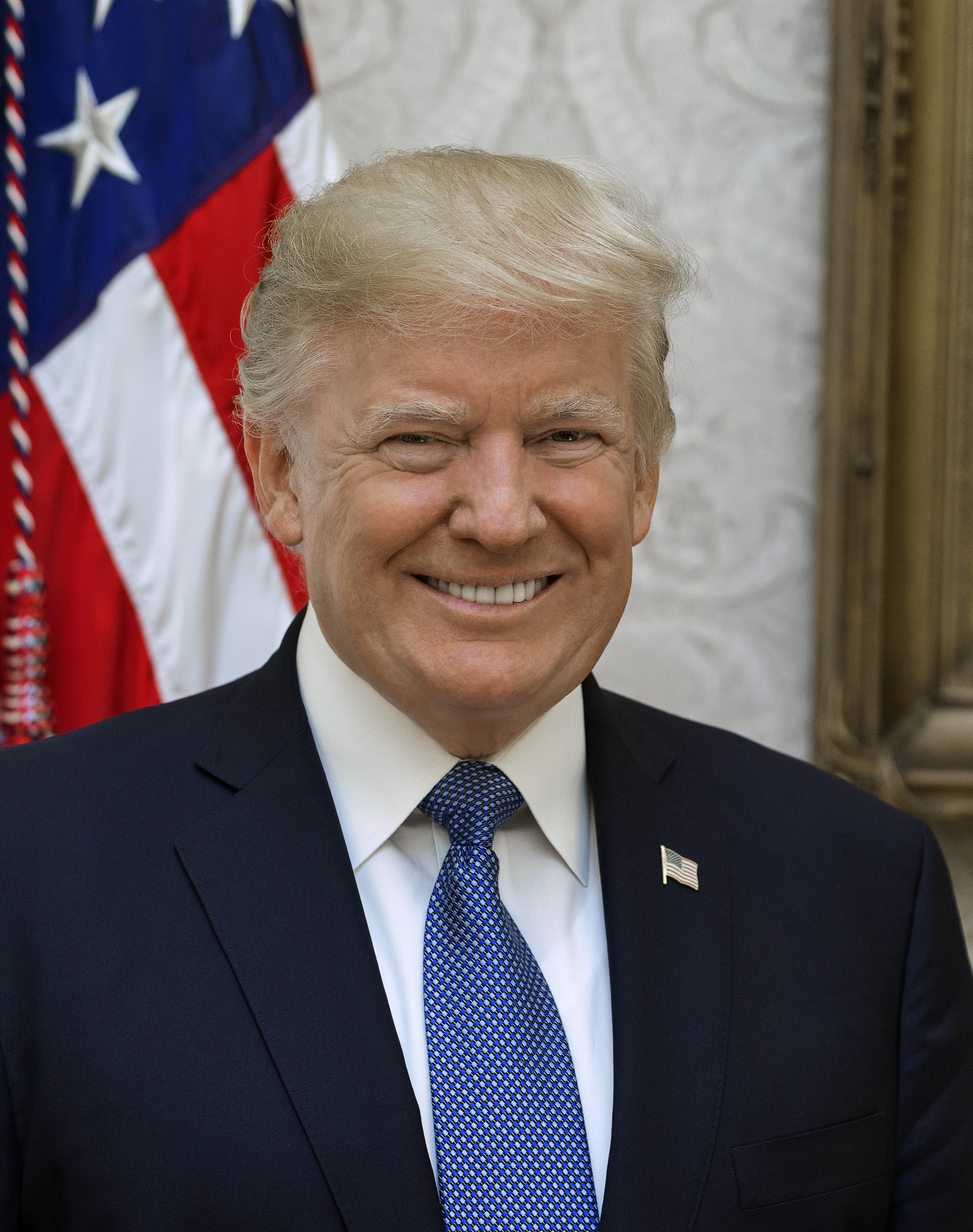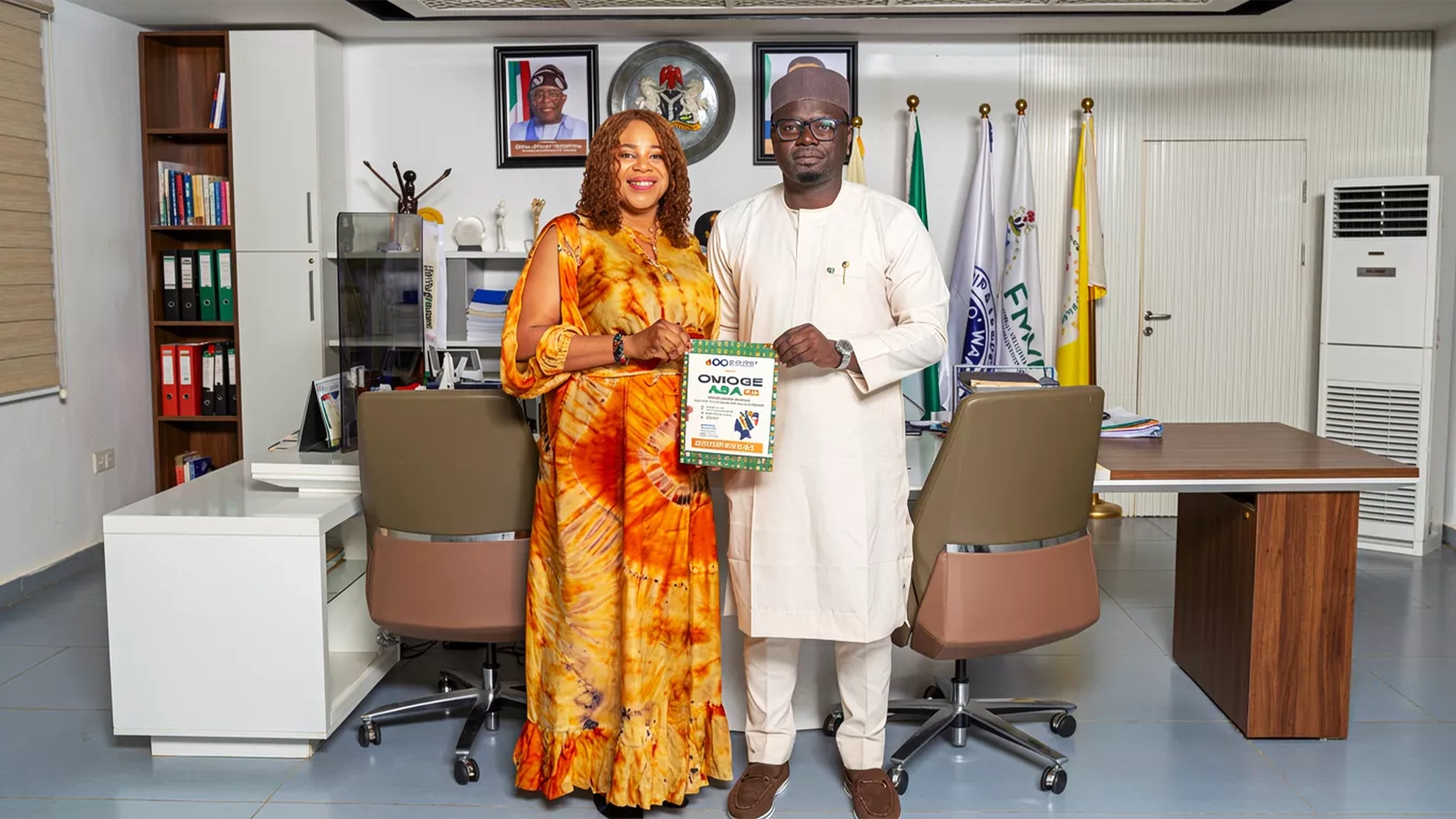
In a historic moment, President-elect Donald J. Trump will take the oath of office for the second time, returning to the White House as the second president to serve non-consecutive terms after Grover Cleveland. His inauguration on Monday, January 20, 2025, coincides with Martin Luther King Jr. Day, adding symbolic significance to the event. As Trump prepares to be sworn in, it is essential to examine the pivotal role religious rhetoric played in his campaign and its implications for his presidency.
Religion has long been intertwined with politics, often wielded to influence public opinion and electoral outcomes. From ancient civilisations to modern democracies, leaders have invoked religious imagery and sentiments to galvanise support. Karl Marx’s assertion that religion is the “opium of the masses” remains relevant, highlighting how faith can pacify and mobilise communities.
In contemporary politics, religious appeals are frequently tailored to resonate with specific demographics, positioning faith-based narratives with political objectives.
The 2024 U.S. presidential election was no exception. Preliminary exit polls by the Public Religion Research Institute of America (PRRI) indicate that the U.S religious votes depict the White evangelical Protestants as the most formidable religious constituency of the Republican Party, with more than eight in ten White evangelicals voting for Trump. Six in ten White Catholics and White mainline/non-evangelical Protestants also voted for Trump.
Summarily, CNN exit polls show that 72% of White Christians voted for Trump. This is not surprising because the census conducted by the PRRI on American religion in 2023 revealed that White christians make up 41% of the country, where seven in ten members are of the Republican Party.
Moreover, Social media platforms were inundated with religious imagery depicting Trump as a messianic figure—images of him alongside Jesus or likened to biblical characters proliferated. According to Ceri Hughes’ article in The Conversation, Trump employed religious language more extensively than any modern U.S. president.
His speeches averaged 7.3 religious references per thousand words, a stark contrast to his predecessors. This deliberate oratorical style was particularly effective in consolidating support among religious Americans, especially the White evangelical christians, a demography that overwhelmingly backed Trump in 2016 and again in 2024.
Trump’s campaign narrative often framed him as a divinely chosen leader. Aleem Maqbool, the BBC’s religion editor, quoted Trump saying, “Many people have told me that God spared my life for a reason, and that reason was to save our country and restore America to greatness.” This sentiment resonated deeply with religious conservatives. Evangelical voices amplified this message, with televangelist Hank Kunneman claiming, “There’s something on President Trump that the enemy fears: It’s called the anointing.” Similarly, Jim Caviezel, renowned for his portrayal of Jesus in Mel Gibson’s The Passion of the Christ, declared Trump to be “the new Moses.” Such statements reinforced the perception of Trump as a “saviour” figure among his supporters.
The former president’s policy record further solidified his religious credentials. During his first term, Trump appointed conservative, anti-abortion judges to the U.S. Supreme Court, fulfilling a key promise to his evangelical base. His 2024 campaign reiterated a commitment to “Christian values”—pledging to combat anti-Christian bias, uphold traditional gender definitions, and grant greater access to conservative Christian leaders. These promises starkly contrasted with Vice President Kamala Harris’s pluralist and feminist vision, positioning Trump as the champion of a distinctly Christian conservative agenda.
The implications of Trump’s reliance on religious rhetoric are profound. His supporters’ view of him as a divinely appointed leader places immense pressure on him to deliver on his campaign promises.
Failure to do so risks alienating the very base that propelled him to victory. For Trump, this presidency represents not only a second chance to lead but also an opportunity to cement his legacy as a transformative figure in American politics.
As Trump resumes office, the stakes are undeniably high. His promises to prioritise Christian values and policies will likely shape his administration’s trajectory.
While some critics may view his religious rhetoric as a cynical political strategy, his supporters see it as a reflection of genuine conviction. Whether his actions in office will align with his promises remains to be seen, but one thing is clear: the intersection of religion and politics will continue to play a defining role in America’s future.
Ambrose K Dada (Rev.Fr) [email protected]






